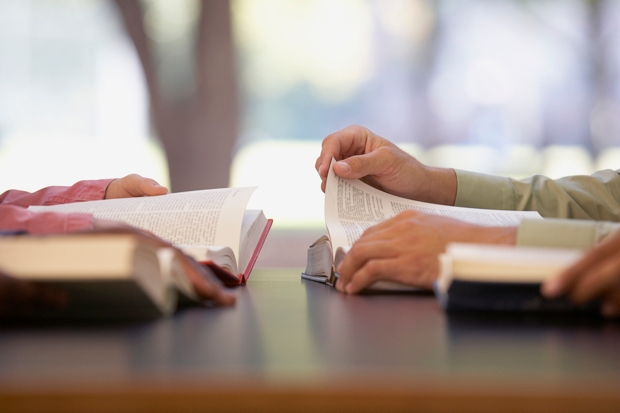The Church of England’s relationship with state education seems simple enough. Its schools have been a major source of strength, significantly slowing its rate of decline over the past few decades. Many congregations have been swelled by parents seeking a better-than-average state education for their offspring. From an Anglican point of view, what’s not to like?
Well, this: selection by church attendance is unpopular with those who do not benefit, giving the Church an image problem with its non-members. This makes some of its members, including me, uneasy. Also, the integrity of church attendance is in doubt, in parishes near a popular school. The cliché of the pushy parents faking their piety is partly true, and it affects the meaning of contemporary churchgoing. Its schools are a success story with a dubious smell.
The Church is half-aware of this. Five years ago the Church’s education-spokesman bishop, John Pritchard, suggested that just ten per cent of pupils should be selected on religious grounds. Subsequently it has rowed back from such reformism, but it has spoken approvingly of the rule that new faith schools may only select half of pupils on religious grounds. This is the rule that the government now plans to drop, so as to encourage new Catholic schools.
So the C of E is in a funny position. It is on the fence about selection by church attendance: it understands that the practice is in tension with its claim to serve the entire community, and puts it in a problematic alliance with the sharp-elbowed middle class. But the government is encouraging it to get off the fence, to be more hard-core religious. It must dare to defy this offer. Actually, it should say, we do not want to be ‘more religious’ in a way that damages our reputation for serving the wider community, and makes hypocritical churchgoing even more common. Our religious duty sometimes involves being ‘less religious’.







Comments